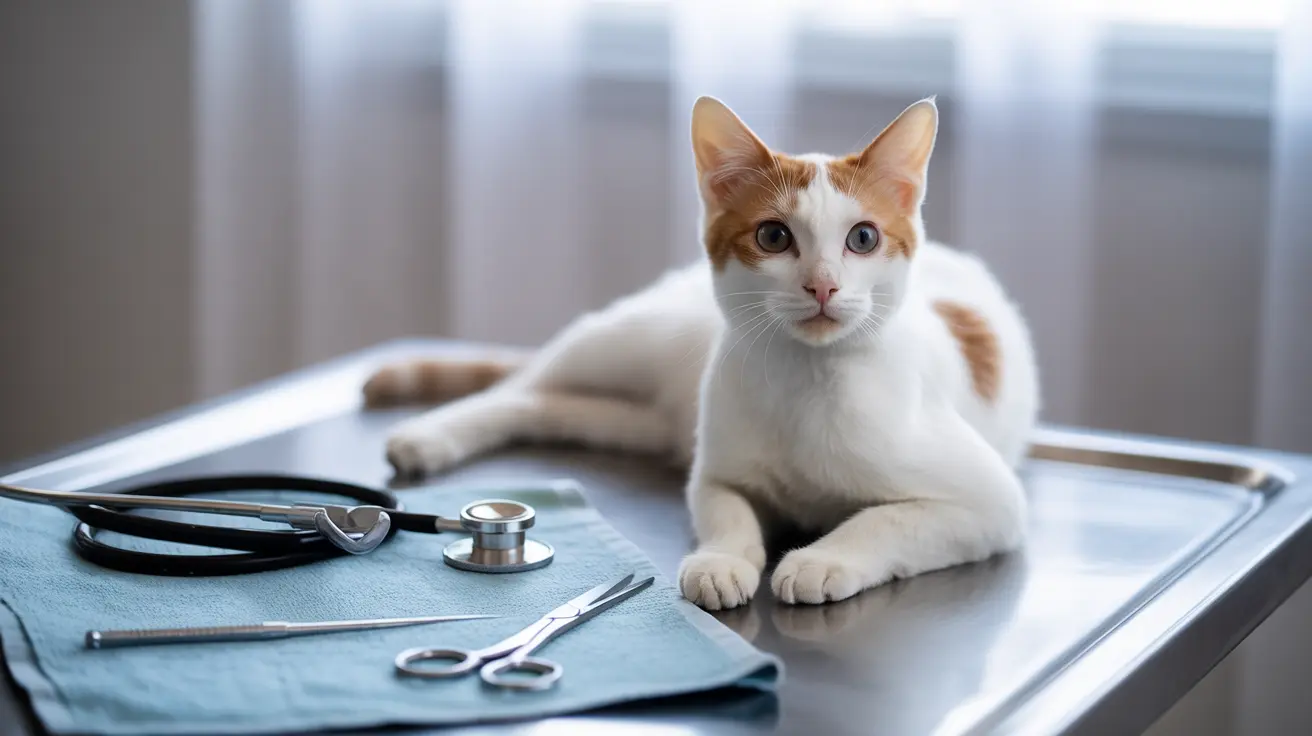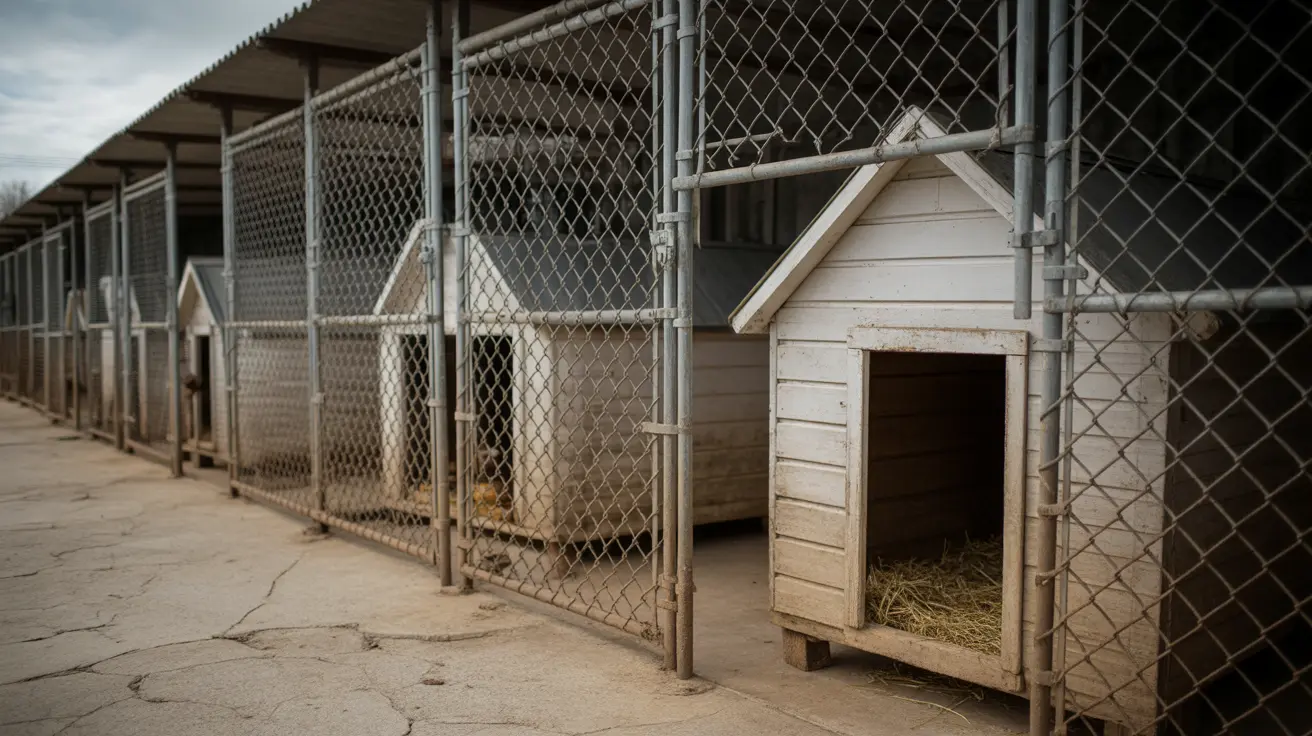Introduction
Understanding Turkish Van cat health problems is crucial for providing optimal care to these unique and beloved felines. Known for their distinctive white coats with colored markings and unusual love of water, Turkish Vans are generally robust cats. However, they can face specific health challenges that every owner should be aware of.
While these striking cats typically enjoy good health and longevity, being proactive about potential health issues can help ensure they live their fullest lives. Let's explore the common health concerns, preventive measures, and essential care tips for Turkish Van cats.
Common Health Conditions
Liver-Related Issues
One of the most significant health concerns in Turkish Van cats is elevated liver enzymes, which can indicate various underlying conditions. Hepatic lipidosis, or fatty liver disease, is particularly concerning and can develop rapidly if a cat stops eating. Regular veterinary check-ups and blood work can help detect these issues early.
Respiratory Health
Turkish Vans may experience respiratory problems, including upper respiratory infections and asthma. Symptoms to watch for include:
- Persistent coughing or sneezing
- Nasal discharge
- Labored breathing
- Lethargy or decreased activity
Weight Management Challenges
Despite their athletic nature, Turkish Vans can become overweight when living primarily indoors. Obesity can lead to numerous health complications, including diabetes and joint problems. Maintaining a proper diet and regular exercise routine is essential for preventing weight-related issues.
Genetic Health Considerations
Acrodermatitis Enteropathica
This rare genetic condition affects some Turkish Van cats, causing skin problems and digestive issues. Early detection through genetic testing is vital, especially for breeding cats. Signs include:
- Skin lesions and scaling
- Poor growth in kittens
- Severe diarrhea
- Hair loss
Heart Health
While not as prevalent as in some other breeds, Turkish Vans can develop hypertrophic cardiomyopathy (HCM). Regular cardiac screenings are recommended, particularly for breeding cats or those showing symptoms of heart issues.
Preventive Care Tips
Regular Health Monitoring
Maintaining your Turkish Van's health requires vigilant monitoring and preventive care:
- Schedule annual veterinary check-ups
- Keep vaccinations current
- Monitor weight and eating habits
- Watch for changes in behavior or activity levels
Dental Care
Turkish Vans need regular dental care to prevent periodontal disease. Establish a routine that includes:
- Regular tooth brushing
- Dental treats and toys
- Professional cleanings when recommended by your vet
Frequently Asked Questions
What are the most common health problems that affect Turkish Van cats?
The most common health problems in Turkish Van cats include elevated liver enzymes, respiratory issues, obesity, ear infections, and dental disease. Regular veterinary check-ups can help detect and manage these conditions early.
How can I recognize and manage elevated liver enzymes and hepatic lipidosis in my Turkish Van cat?
Watch for symptoms like decreased appetite, weight loss, lethargy, and jaundice. If you notice these signs, seek immediate veterinary care. Prevention includes maintaining a consistent feeding schedule and monitoring food intake carefully.
Are Turkish Van cats prone to any genetic disorders, and should I consider genetic testing?
Yes, Turkish Vans can be affected by genetic conditions like acrodermatitis enteropathica. Genetic testing is recommended, especially for breeding cats, to prevent passing hereditary conditions to offspring.
How can I prevent obesity and diabetes in my Turkish Van cat to maintain its health?
Prevent obesity through portion control, regular exercise, and interactive play. Feed a high-quality diet appropriate for your cat's age and activity level, and avoid free-feeding.
What are the signs of ear infections and respiratory issues in Turkish Van cats, and when should I see a vet?
Signs of ear infections include head shaking, scratching, and discharge. Respiratory issues may present as coughing, sneezing, or difficulty breathing. Contact your vet if you notice any of these symptoms, especially if they persist for more than a day.
Conclusion
While Turkish Van cats are generally healthy, understanding and monitoring potential health issues is crucial for their well-being. Regular veterinary care, proper nutrition, and attention to preventive measures can help ensure your Turkish Van lives a long, healthy life. Stay vigilant for signs of common health problems, and don't hesitate to seek veterinary care when needed.






